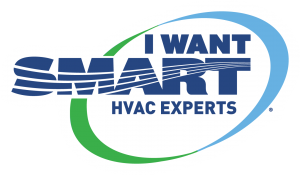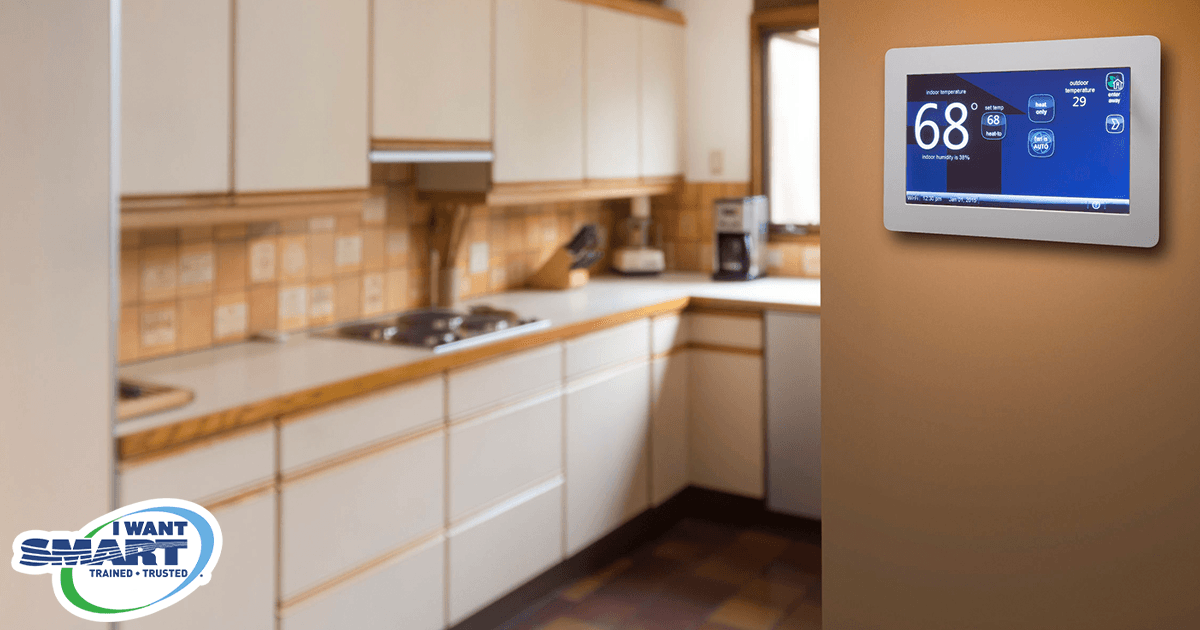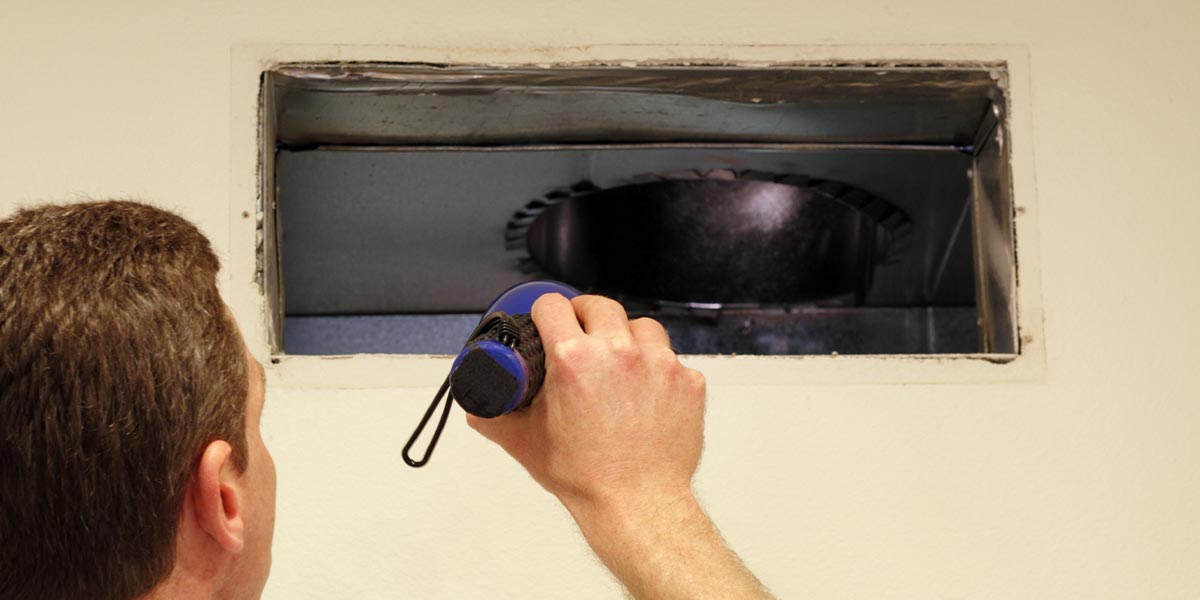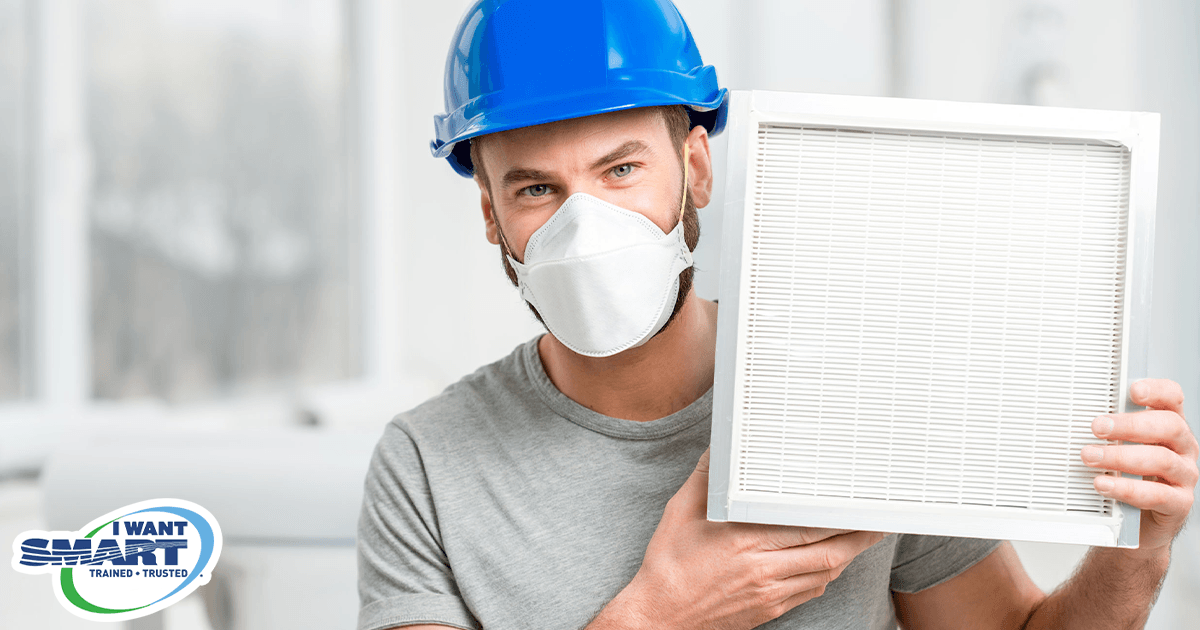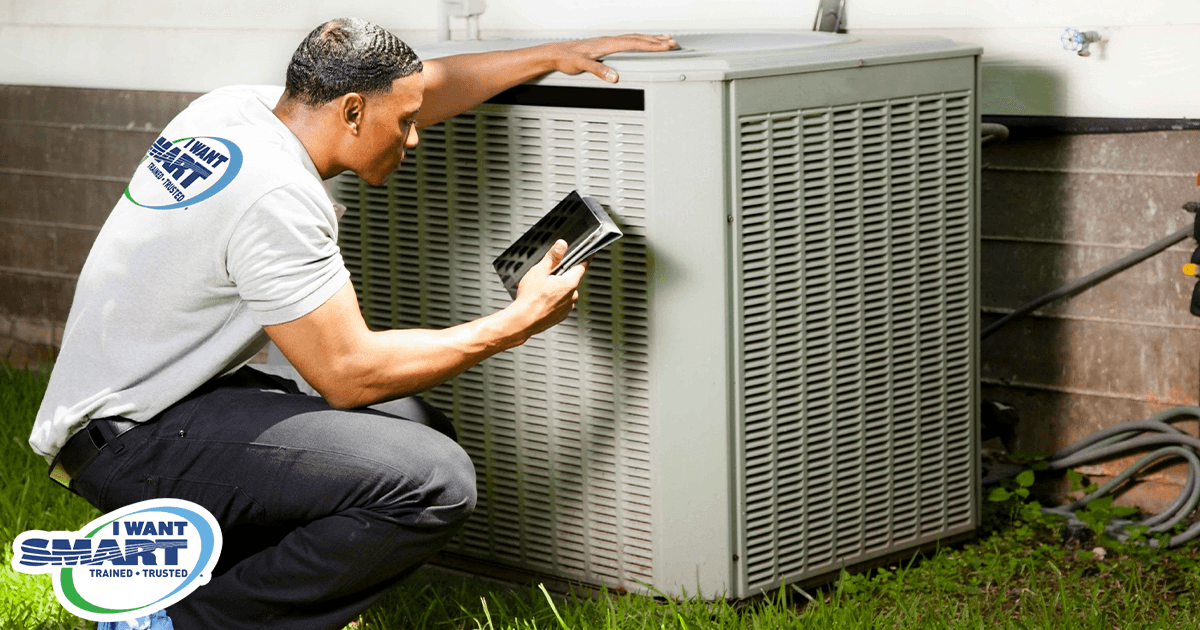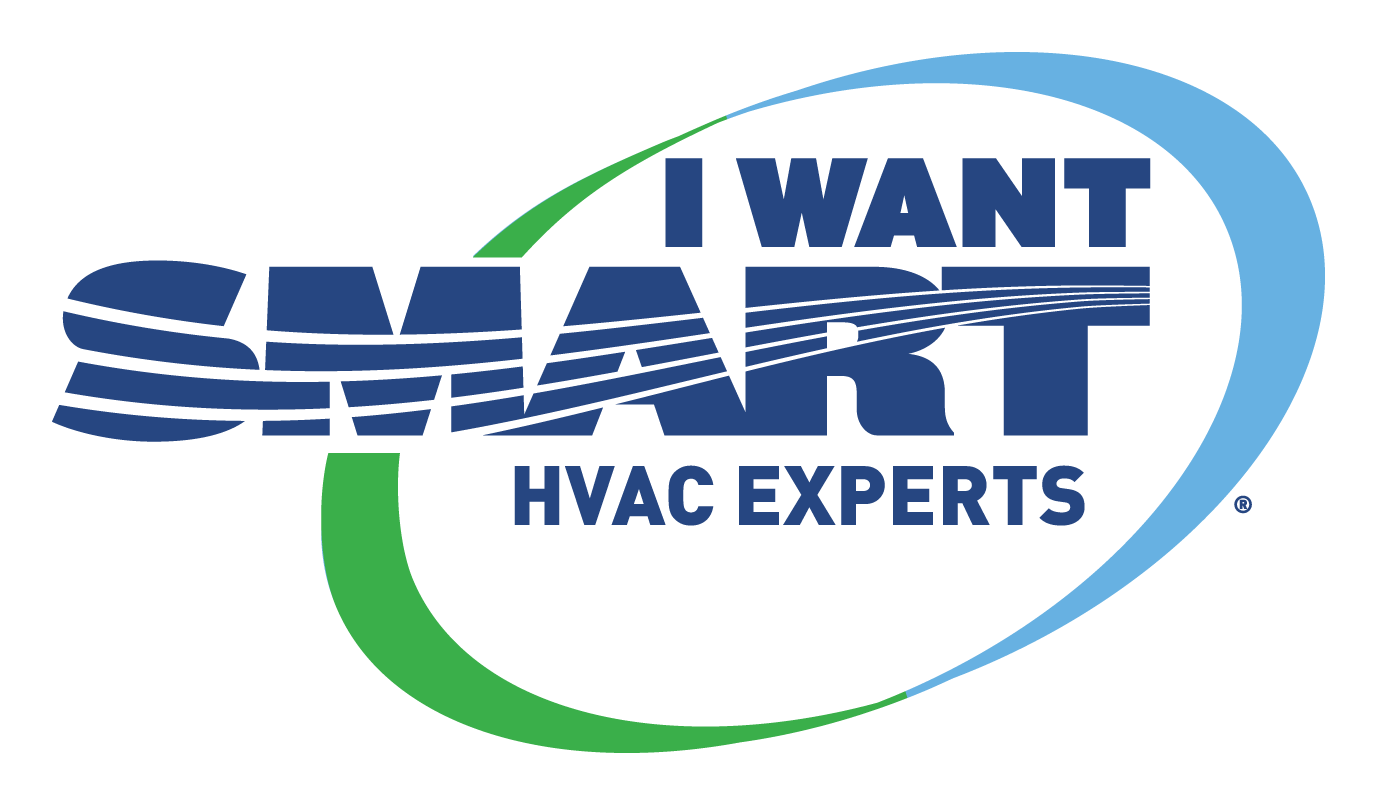The virus floats in the air, longer that you think.
What should you do? What could you do?
The virus that causes Covid-19, SARS-CoV-2, can, in poorly-ventilated indoor spaces, remain airborne longer and spread farther than you might think. Obviously, you should avoid some higher-risk indoor public spaces.
But what about indoor private spaces – specifically your home?
We enjoy outdoor activities now, when fresh air lowers the risk of Covid-19 transmission. Add in masks and social distancing, and you can feel relatively safe. But colder weather is on its way, and many activities will bring us back indoors. How can we protect our home air better?
We must pay attention to five things:
- Surface contamination
- Ventilation
- The front door
- Filters, and
- Experts
Surface contamination
First, and least important (!) surface contamination. It is an easy step to take, and feels good to do it – but experts doubt it is a major source of Covid-19 transmission. But go ahead – use disinfectant (or plain old soap and water!) to wipe down counter tops, hand rails, door knobs – any place unwashed hands will touch when they come in from outside. It is even more effective, though, to get those hands washed when the come in from outside.
Ventilation
Making your home safer should mean more emphasis on improving air quality. Remember, ventilation is even more important that surface cleaning, because experts agree aerosol (floating in the air) transmission is the most frequent source of infection. All the serious outbreaks you’ve heard of were caused by viruses circulating in the air: prisons, meatpacking plants, nursing homes, etc. Imagine a choir practice in a closed space: if one singer is asymptomatic (that is, infected but unaware and showing no signs), the whole choir will be at high risk.
Ventilation efforts in your home must be done right. We need to think about controlling the source of the virus indoors, about mixing more outdoor air into our indoor air, and about air filters and cleaning devices.
Of course, there is no way to be perfectly safe. Every viral particle you will ever encounter was exhaled by a living human being, so as long as there are humans breathing in your house, there’s a possible contamination being sprayed. So if we assume there are airborne pathogens (a fancy way of saying dangerous germs floating around us) we have to reduce our exposure.
One big problem: those particles float. If you clean up the air in one room, new dirty air will move in and replace it. Also, air cleaning needs to be continuous in the spaces we breathers inhabit. As long as there are living people in a space, we’re potentially contaminating it with virus. If air circulation is poor in a space, the viral cloud can linger for 30 minutes, and float farther than that six feet we keep talking about.
So We Ventilate
That is, increase the amount of outdoor air mixing into our indoor spaces, to make sure the inside air is replaced several times per hour. In nicer weather, of course, we can open windows. But colder weather is coming. What then?
Six air changes an hour is a best-guess hypothesis. We’re looking to be safer, even if we can’t be totally safe.
The simplest way to increase ventilation: open windows. This will increase the amount of outside air (which does not have virus in it) coming in to dilute indoor air (which may have virus in it). The less concentrated the virus is in the air, the less likely it is to infect people. Opening a bathroom window should be your first choice.
Ventilation pathways are important too. And so is the need for the air to run continuously which can lead to energy cost issues. Yes, it’s complicated.
The front door
Let’s circle back to a central idea: the fewer live human beings that walk in your front door, the safer your home air is. Disinfect surfaces and ventilate the air – but pay attention to who walks in, exhaling. Your teenager may want a friend to come over, but what if the friend’s dad’s barber’s wife is infected, and you’re joining a long chain of contacts? People can be asymptomatic for seven to fourteen days along that chain!
On a happy note, your SMART technician will always arrive masked and observe social distancing.
Filters
This brings us to a hot topic, which can be confusing.
Everything starts with a good air filter. We suggest filters with a MERV-13 designation or higher. Or consider adding a portable HEPA filter.
MERVs are based on a filter’s performance, filtering out particles between 0.3 and 10 microns. SARS-CoV-2 can be found in the size respiratory droplets emitted when coughing, spitting, singing or even just speaking. The higher the MERV number, the better to trap these droplets.
HEPA filters are slightly different. The “HEPA” designation means they filter out at least 99.97 percent of particles as small as 0.3 microns. That’s almost everything. But merely installing higher-quality filters isn’t enough. They have to be used properly, and run continually, which may require some expert modification to your HVAC.
If your filter is improperly sealed, unfiltered air can recirculate, downgrading its effectiveness. Also, not all systems can run higher-efficiency filters, which can be quite dense. They need more powerful fans to push air through. Then, because dense filters collect more dust, dirt, viral particles, bacteria and nasty stuff, they need to be replaced more often. The object is still to get six or more air exchanges per hour.
By the by, if you replace your own filters, be careful. They could be contaminated with virus.
What about air purifiers?
Another complicated issue. There are several talked-about kinds of purifiers which claim to remove pathogens from the air: by ionization, or plasma generation, or UVC light. Great in theory – but. There are snake-oil salesmen out there offering some iffy products. Be cautious. UVC light products, in particular, come in at many price points, and many levels of quality. It’s pretty safe to say the most effective ones should only be installed by experts. The cheapest ones may be ineffective, worthless, or at worst, dangerous.
So should we stick with HEPA or MERV-13+ rated filters? Or just open windows? It’s time to turn to…
Experts
There are risks and there are rewards to making decisions about the heath of your indoor air. The issues are complicated, and the advice you’ll hear can be full of contradictions and questionable information. But the air you breathe at home is important. Doubly so if someone at home is immunocompromised or asthmatic.
Expert help is at hand. IwantSMART.com technicians are trained and continually retrained to provide you with answers you can trust. So go ahead. Ask!
